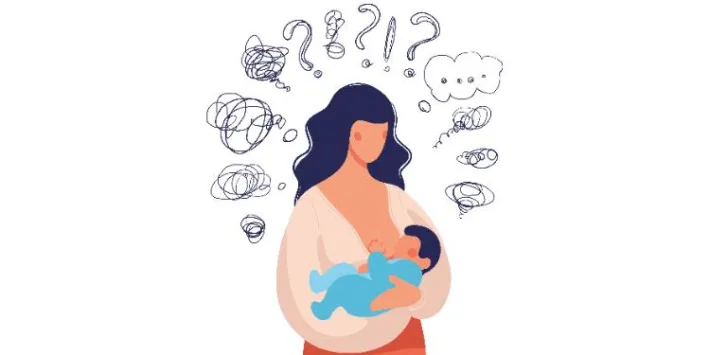Search by Color or Cause


Mental health and behavioral issues affect millions of Americans every year. However, only 30 to 50 percent of women with mental illness during pregnancy and postpartum are diagnosed in a clinical setting. And 1 in 5 children and adolescents have a diagnosable mental health disorder that requires intervention or monitoring and interferes with daily functioning. May recognizes Maternal Mental Health Month, Mental Health Awareness Month, and Children’s Mental Health Awareness Week. Wear lime green or green to support Maternal Mental Health Month, and mental health causes, in general. Personalized Cause offers lime green or green enamel awareness ribbon pins, fabric ribbons, and silicone awareness wristband bracelets to call attention to this important awareness month.
During Maternal Mental Health Month, we’re creating dialogue around maternal depression. Despite the prevalence of maternal depression, too many mothers and birthing people don’t get the help they need to heal. And when mothers’ health suffers, their children’s health often suffers, too.
In addition:
Mental health in childhood involves reaching developmental and emotional milestones, learning healthy social skills, and understanding how to cope when there are problems.
One in 10 fathers experience Paternal Postpartum Depression (PPPD). Up to 16 percent of fathers suffer from an anxiety disorder during the perinatal period. These two articles outline opportunities to better support fathers.